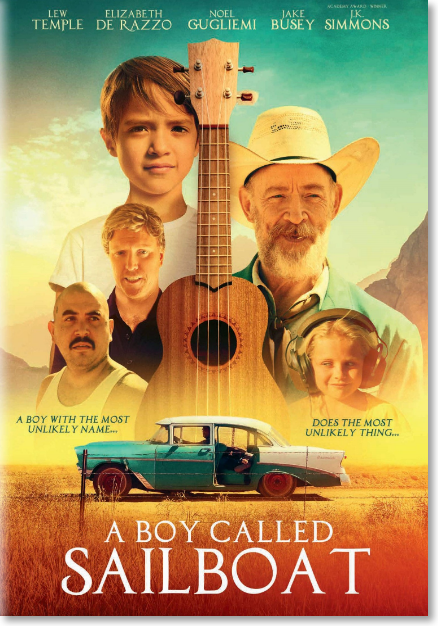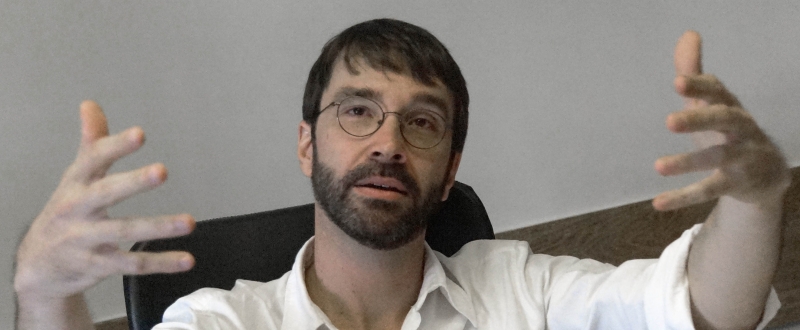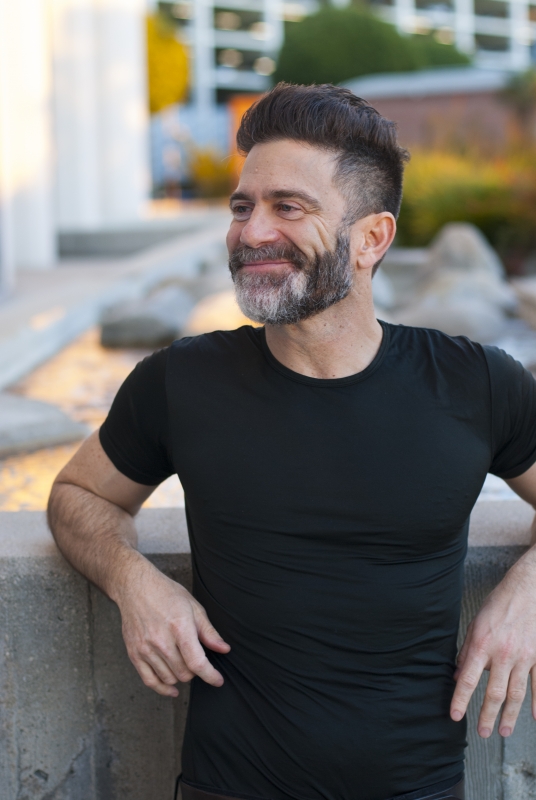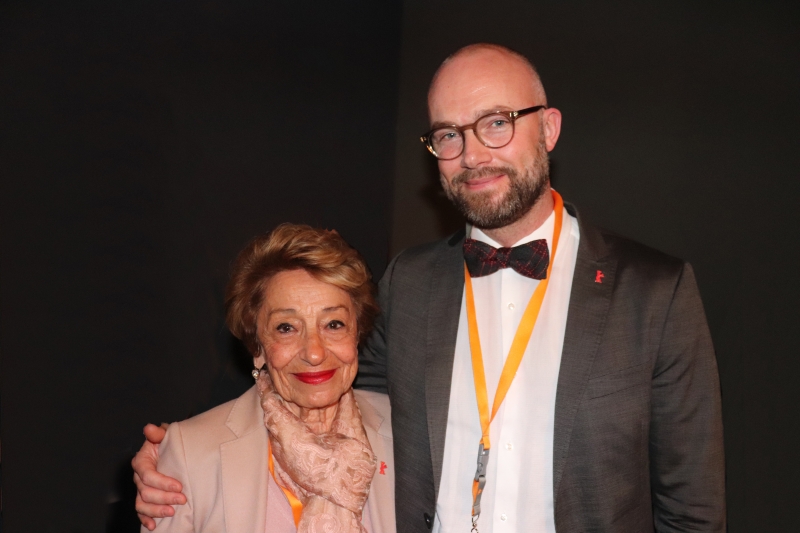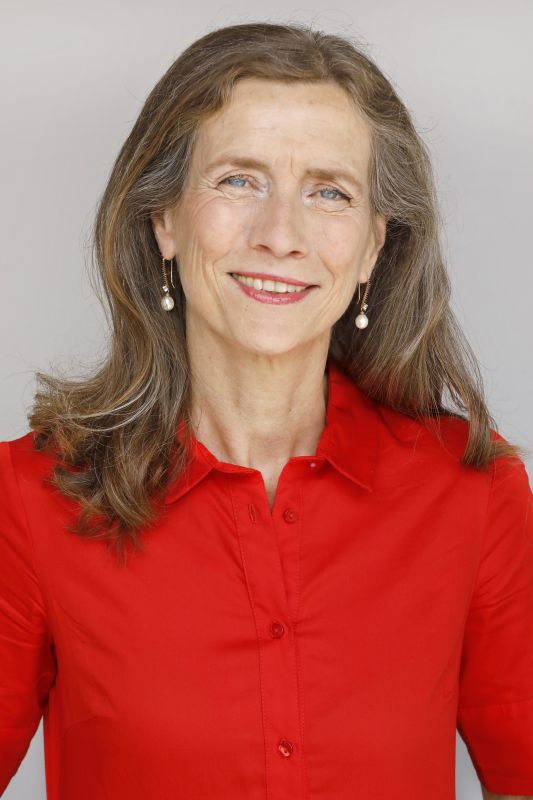by Alex Deleon
Friday February 19, 2012
Berlin is known above all for its political and social commitment, or what the French Existentialists would call a Festival "Engagé".
Esthetic purists sometimes question the Berlin prize decisions on artistic grounds but art is often of secondary importance in this ballpark
where politics can also have to do with the pecking order in the upper echelons of the international film establishment.
Clearly the film with the most obvious socio-political content this year was the Hungarian entry "Csak a Szél" (Just the Wind) directed by Bence Fliegauf,
which takes up the subject of murderous race hatred against Gypsies (Roma) in Hungary. In an actual case just a couple of years back eight Roma were murdered in a small town in the Magyar outback and their good magyar neighors chose to look the other way when a police investigation was instituted.
Gypsies are the only sizable ethnic minority in Hungary and have long been regarded as a "social problem" in that country where, in recent years, efforts
have increasingly been made to integrate them into the Hungarian mainstream with very mixed results. White Hungarian prejudice against Gypsies, or Roma as they are now officially called with proper political correctnerss, is comparable in many respects to racial prejudice against black people in the USA and is perhaps more intense in the provinces than in Budapest.
Director Fliegauf (Born 1974) first came to prominence with a film called "Dealer" IN 2004 dealing directly with the big Hungarian drug problem. "Dealer" was awarded the best film prize that year in Hungary and Fliegauf was off and running. He is also a musician and does most of the music for his own films alhtough this one does not have very much music.
"Csak a Szél" took three prizes today, a Silver Bear for the Main Juy Prize, which amounts to a second best film, the Peace prize, and the Amnesty International Prize. The political nature of the fest can already be seen just from the prize categories.
A surprizing Best Actress prize went to an unknown African actress, Rachel Mwanza, for her leading role in "Rebelle" (War Witch) a film from the Congo which tells of the horrors of Civil War in which children, both male and female, are forced to become soldiers. In her acceptance speech Ms. Mwanza spoke in her native Lingala, while a tall black man from the same background interpreted into German.
The Best Actor award went to a Dane, Mikkel Boe Felsgaard, for his work in "En Konfgelig Affaere" (A Royal Affair) and the Best Director prize was awarded to local talent Christian Petzold for the well received German film "Barbara".
The Big prize, the Golden Bear for Best Film went in tandem to the now elderly Taviani Brothers from Italy, Paolo and Vittorio, for "Cesar Must Die", a drama set in a maximum security prison where the inmates enact Shakespeare then go back to their cells to contemplate their own misfortunes.
The Taviani Brotherhood has been around forever and generally make films that are adored by critics but not widely seen by the general public.
I passed this one up because prison films weigh too heavily on my innate claustrophobia so I am not in a position to comment on the esthetic qualities.
German cinematographer Lutz Reitemeyer took home a bear for his camera work on the Chinese film "Bai-Lu-Yuan", the fifth film he has shot in China and his second collaboration with director Wang Quan'An.
Six main prizes distributed over six different countries -- if that's not democratic, what is?
Early in the awards program Dieter Kosslick, festival dierector, paid a rather amusing hommage to one of his personal favorites, Sharukh Khan of Bollywood by shaking a leg a-la-Bollywood to the music of "Don 2", the new Blockbuster from Bollywood that didn't bust too many blocks here.
 Chatelin Bruno
Chatelin Bruno 


















